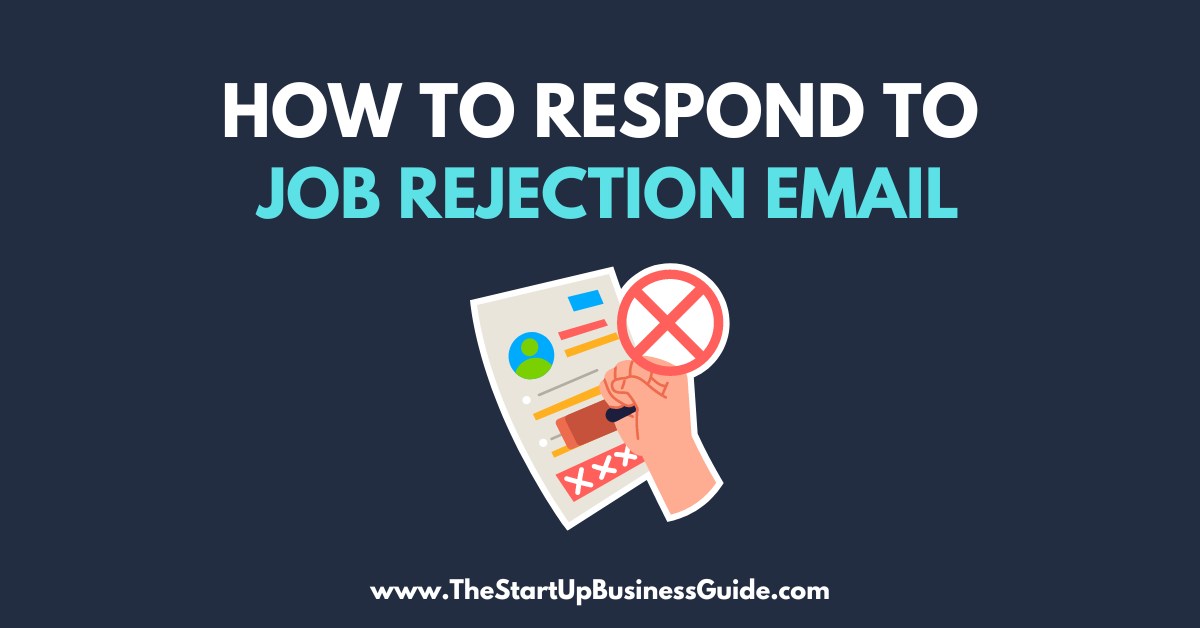How to Respond to a Job Rejection Email

Job searching can be a tough and emotional journey.
One of the most difficult parts of the process is dealing with rejection.
It’s normal to feel disappointed and discouraged when you don’t get a job offer.
However, it’s important to remember that rejection is a normal part of the job search process and to not let it discourage you.
In this article, we will discuss how to handle job rejection and how to use it as an opportunity for growth and self-improvement.
Understanding Job Rejection
Rejection can be tough to handle, but it’s important to understand that it’s a normal part of the job search process.
Many job candidates go through multiple rounds of interviews and receive multiple rejections before landing a job.
It’s important to not take rejection personally and to understand that it may not be a reflection of your qualifications or abilities.
There are many common reasons why job candidates get rejected.
Some of these reasons include a lack of experience, a poor fit for the company culture, or a lack of skills that align with the job requirements.
It’s important to understand that rejection doesn’t mean you’re not good enough; it simply means that the job wasn’t the right fit for you at this time.
Responding to a Job Rejection Email
When you receive a rejection email, it’s important to respond professionally and respectfully.
Even though you may be disappointed, it’s important to remember that you never know when you may cross paths with the hiring manager again.
Here are some tips for responding to a job rejection email:
- Thank the hiring manager for considering you for the position.
- Express your understanding of the decision.
- Ask for feedback on why you were not selected for the position.
- Express your continued interest in the company and future job opportunities.
Here is an example of a response to a job rejection email:
Dear [Hiring Manager’s Name],
Thank you for considering me for the [Job Position] role at [Company Name]. I understand the decision and appreciate the time you took to interview me. I would greatly appreciate any feedback you can provide on why I was not selected for the position. I am still very interested in the company and would love to be considered for future job opportunities.
Thank you again for your time and consideration.
Best regards,
[Your Name]
Learning from Rejection
Rejection can be difficult to handle, but it’s important to use it as an opportunity for growth and self-improvement.
Here are some great tips for learning from rejection:
- Reflect on the job application and interview process.
- Ask for feedback from the hiring manager.
- Use the feedback to identify areas for improvement in your job search process.
- Keep in mind that rejection doesn’t mean you’re not good enough; it simply means the job wasn’t the right fit for you at this time.
Conclusion
Dealing with job rejection can be tough, but it’s important to remember that it’s a normal part of the job search process.
By responding professionally and respectfully to rejection emails, asking for feedback, and using rejection as an opportunity for growth and self-improvement, you can improve your chances of landing your dream job in the future.
We hope that this article has been helpful in providing tips and strategies for handling job rejection.
We encourage our readers to share their own experiences and tips for dealing with job rejection in the comments below.






